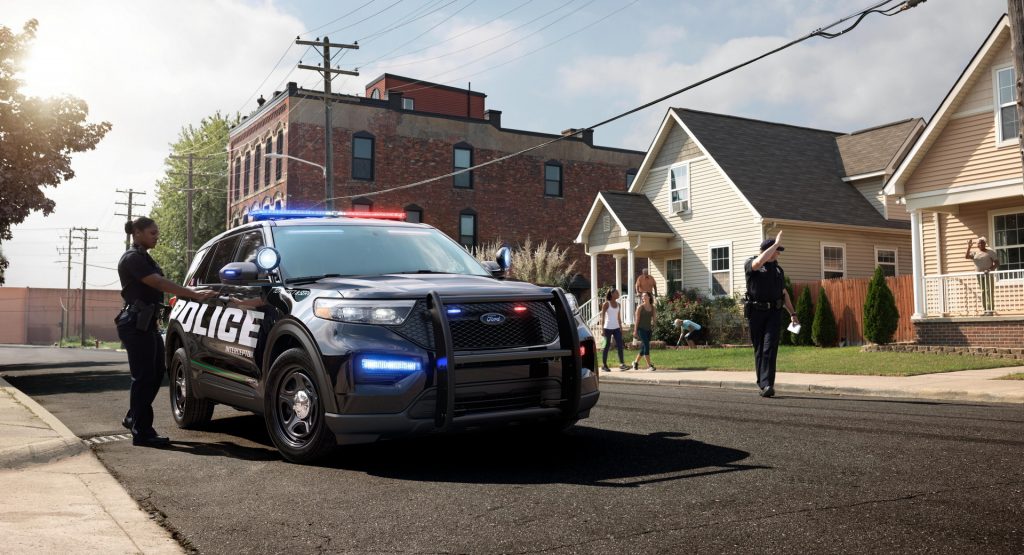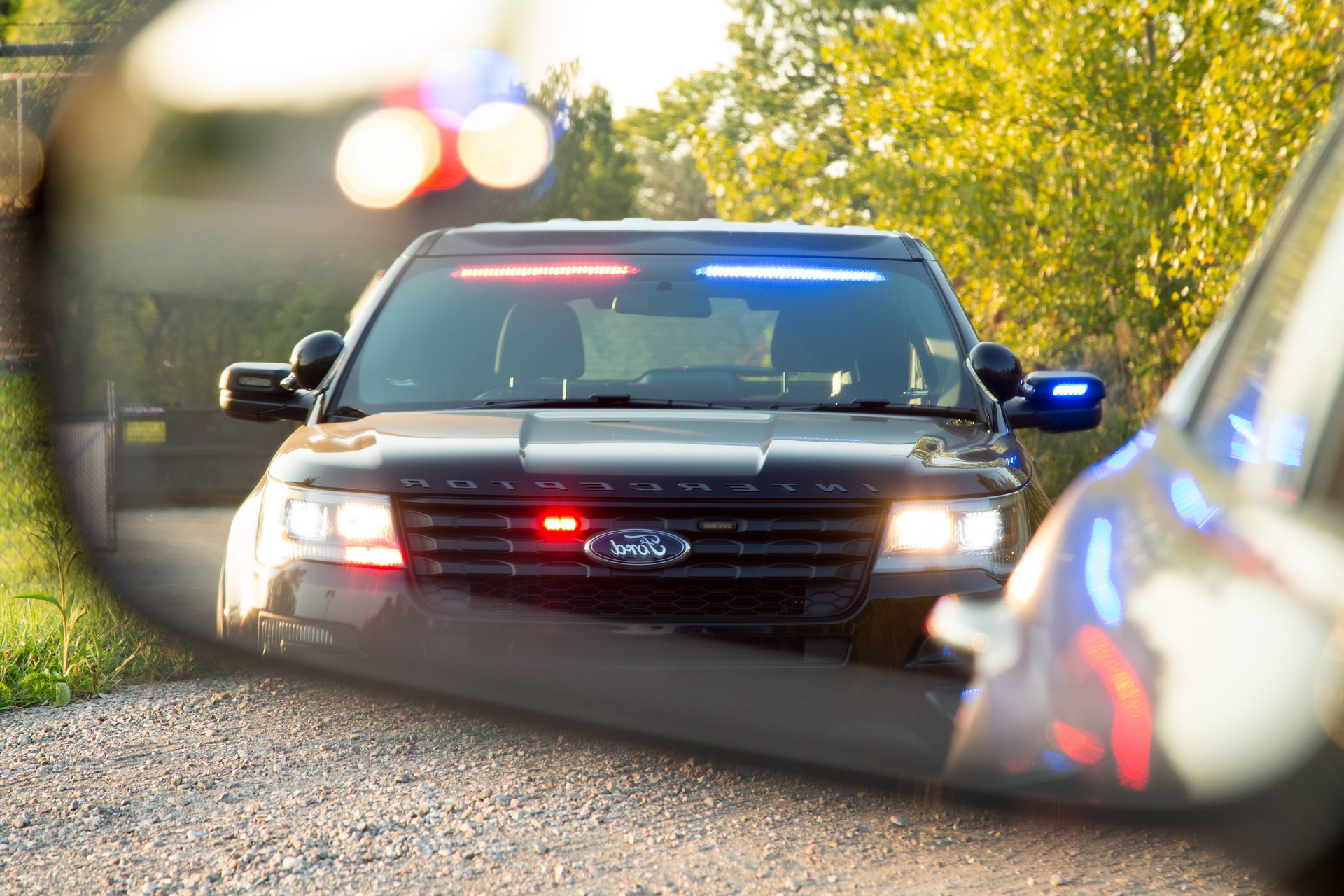Philadelphia has become the first major city in the United States to ban police from stopping drivers for low-level traffic violations.
The Driving Equality Bill will only allow police officers to pull over motorists for ‘primary violations’ and aims to resolve issues that have seen African American drivers get stopped at disproportionately higher rates. The bill was passed 14-2 by the city council on October 14.
Low-level violations are now considered ‘secondary offenses’ and include things like registration plate and bumper issues, broken lights, and minor obstructions. Drivers who commit such offenses will now only receive a warning or citation by mail.
Watch Also: Hyundai Sonata Driver Flees Over Police Cruiser After Being Hit With Taser
“These bills end the traffic stops that promote discrimination while keeping the traffic stops that promote public safety,” council member Isaiah Thomas said in a statement. “This approach seeks to redirect police time and resources towards keeping Philadelphians safe while removing negative interactions that widen the divide and perpetuate mistrust.”
CNN reports that Black drivers accounted for 72 per cent of traffic stops performed by police between October 2018 and September 2019 despite comprising 48 per cent of Philadelphia’s population. Data from this year shows Black drivers accounted for 67 per cent of stops compared to just 12 per cent for white drivers.
The new legislation also includes a companion bill that will establish a searchable database accessible to the public that will require police departments to list all traffic stops, including who was stopped and the reason for the stop.
“We believe this is a fair and balanced approach to addressing racial disparity without compromising public safety,” the police department said. “This modified enforcement model for car stops furthers the Department’s priority of addressing the issue of racial disparity in the Department’s investigative stops and complements the Department’s efforts to address these same issues in pedestrian stops.”








